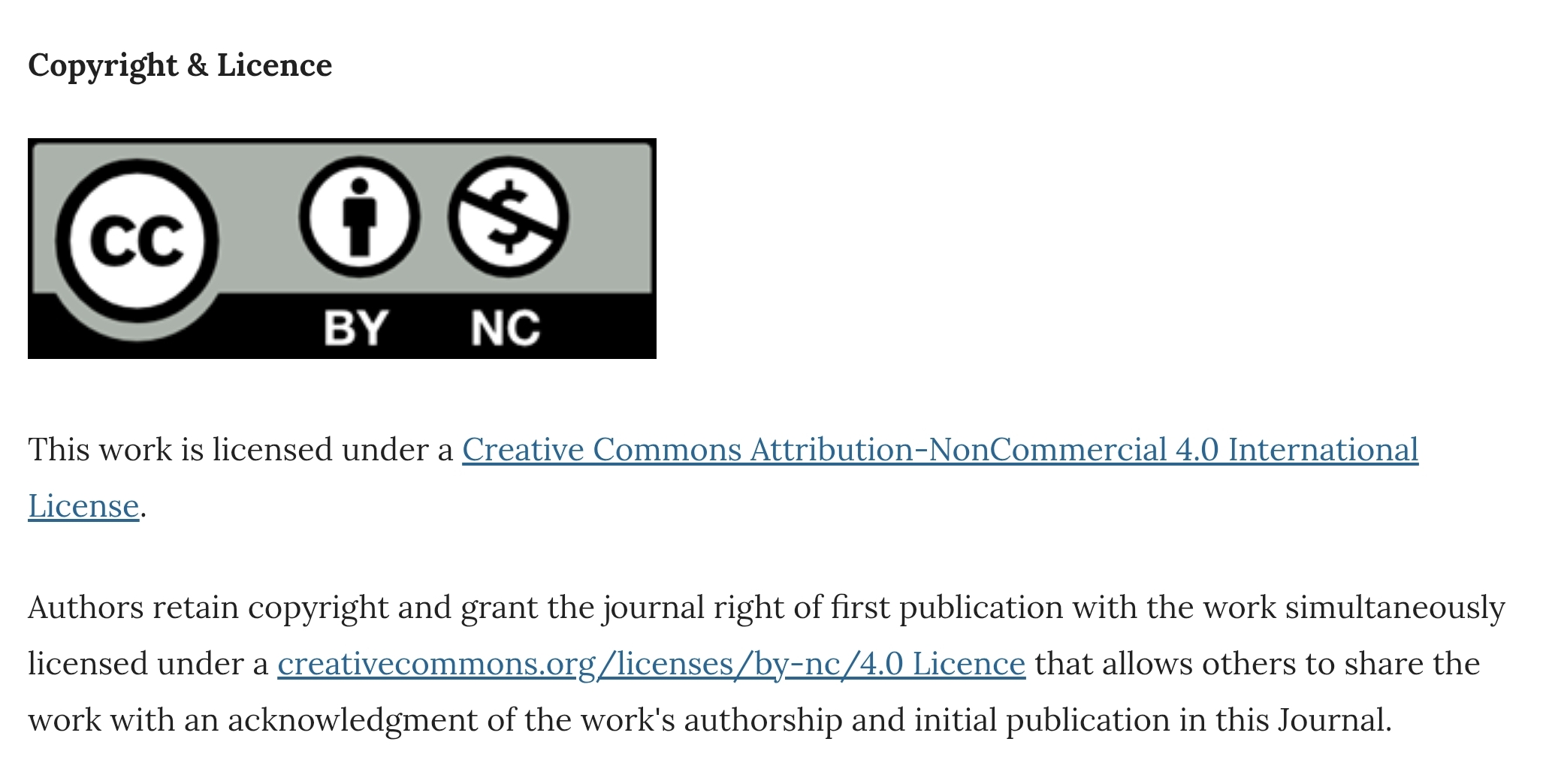Effect of adjunctive music listening in schizophrenia – a randomized controlled trial
DOI:
https://doi.org/10.30834/KJP.35.1.2022.316Keywords:
: schizophrenia, music listening, acute phase, symptom reduction, drug dose requirementsAbstract
Background: Music-based interventions are currently being researched for their effectiveness in schizophrenia. Very few studies have been done in the acute phase. Further, there is a dearth of published Indian research in this context. Methods: A prospective, randomized, controlled, single-blind study was done in a tertiary psychiatric hospital in South India from October-2015 to March-2016. Immediately after admission, consenting adult patients with schizophrenia were randomly assigned to two groups. Over four weeks, Group-A(N=51) received 20 sessions of music-listening as an add-on to standard care, and Group-B(N=53) received standard care alone. Reduction in Positive and Negative Syndrome Scale (PANSS) scores and the drug dosage requirements for both groups were compared. Statistical analysis was done using two-way repeated-measures ANOVA for PANSS score reduction and Mann-Whitney U for drug dosage comparison. Results: We observed a greater decrease in PANSS scores in Group-A than Group B, but this difference did not reach significance (p>0.05 for all three subscales and total score). Group-A required lesser risperidone-equivalent doses than Group-B, but this was not significant (p=0.27). However, Group-A required significantly lesser diazepam equivalent (p=0.003) and trihexyphenidyl (p=0.007) doses than Group-B. Conclusions: The above findings suggest a possible additional benefit of adding music listening to standard care for the acute phase management of schizophrenia and reducing drug dosage requirements. Music-based interventions for schizophrenia warrant further research, especially in the Indian context and wider application in clinical practice.
Downloads
References
Andreasen NC. Schizophrenia: the fundamental questions. Brain Res Brain Res Rev 2000; 31: 106–112.
Andreasen NC, Flaum M. Schizophrenia: the characteristic symptoms. Schizophrenia bulletin 1991; 17: 27.
Patel KR, Cherian J, Gohil K, et al. Schizophrenia: overview and treatment options. Pharmacy and Therapeutics 2014; 39: 638.
Jung XT, Newton R. Cochrane Reviews of non-medication-based psychotherapeutic and other interventions for schizophrenia, psychosis, and bipolar disorder: A systematic literature review. International Journal of Mental Health Nursing 2009; 18: 239–249.
Bruscia KE. Defining music therapy. 3rd ed. Gilsum, NH: Barcelona Publishers, 2014.
Rose J-P, Bartsch HH. Music as therapy. Medicine and Music 2009; 70: 5–8.
Mössler K, Chen X, Heldal TO, et al. Music therapy for people with schizophrenia and schizophrenia-like disorders. Cochrane Database Syst Rev 2011; CD004025.
Talwar N, Crawford MJ, Maratos A, et al. Music therapy for in-patients with schizophrenia. The British journal of psychiatry 2006; 189: 405–409.
Ulrich G, Houtmans T, Gold C. The additional therapeutic effect of group music therapy for schizophrenic patients: a randomized study. Acta Psychiatrica Scandinavica 2007; 116: 362–370.
Peng S-M, Koo M, Kuo J-C. Effect of Group Music Activity as an Adjunctive Therapy on Psychotic Symptoms in Patients With Acute Schizophrenia. Archives of Psychiatric Nursing 2010; 24: 429–434.
Morgan K, Bartrop R, Telfer J, et al. A controlled trial investigating the effect of music therapy during an acute psychotic episode. Acta Psychiatrica Scandinavica 2011; 124: 363–371.
Tikka S, Nizamie S. Psychiatry and music. Indian Journal of Psychiatry 2014; 56: 128.
American Psychiatric Association, American Psychiatric Association (eds). Diagnostic and statistical manual of mental disorders: DSM-5. 5th ed. Washington, DC: American Psychiatric Association, 2013.
Kay SR, Fiszbein A, Opler LA. The Positive and Negative Syndrome Scale (PANSS) for Schizophrenia. Schizophr Bull 1987; 13: 261–276.
Tseng P-T, Chen Y-W, Lin P-Y, et al. Significant treatment effect of adjunct music therapy to standard treatment on the positive, negative, and mood symptoms of schizophrenic patients: a meta-analysis. BMC Psychiatry 2016; 16: 16.
Sousa AD, Sousa JD. Music therapy in chronic schizophrenia. J Pak Psych Soc 2010; 7: 13–7.
Lu S-F, Lo C-HK, Sung H-C, et al. Effects of group music intervention on psychiatric symptoms and depression in patient with schizophrenia. Complementary Therapies in Medicine 2013; 21: 682–688.
Na H-J, Yang S. Effects of Listening to Music on Auditory Hallucination and Psychiatric Symptoms in People with Schizophrenia. Journal of Korean Academy of Nursing 2009; 39: 62.
Tang W, Yao X, Zheng Z. Rehabilitative Effect of Music-Therapy for Residual Schizophrenia - a One-Month Randomized Controlled Trial in Shanghai. Br J Psychiatry 1994; 165: 38–44.
Downloads
Published
How to Cite
Issue
Section
License
Copyright (c) 2022 A Jeyan , Nair V Indu, B Sivaprakash, K Banipreet (Author)

This work is licensed under a Creative Commons Attribution-NonCommercial 4.0 International License.











